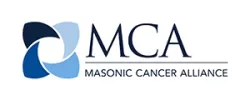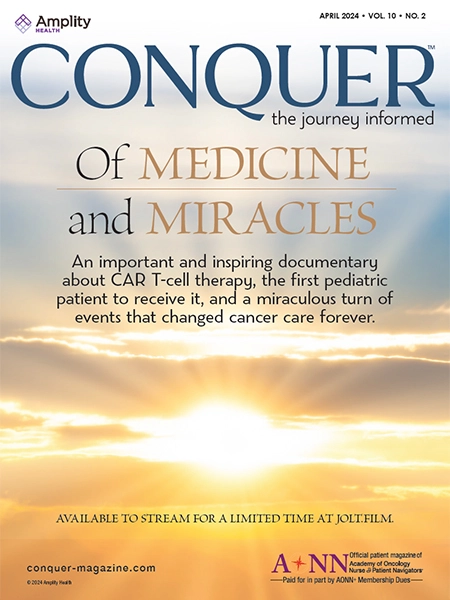Key Points
- Despite the diversity of Indigenous cultures globally, successful strategies from one Indigenous navigation program appear to be relevant and successful in another Indigenous navigation program.
- Many resources exist that can be of assistance to local navigation programs, but most Patient Navigators are so busy that they are unaware of such support (until others share how the resources have benefited their local programs).
- Lessons learned from one local Indigenous program can be of assistance to another Indigenous navigation program.
- Globally and despite historical and cultural differences, Indigenous programs have more commonalities than differences from one another.
Purpose
The purpose of IPNN is to provide a virtual support program to address culturally and geographically unique challenges and solutions of Indigenous Navigation programs. Many Navigators work in isolation. The rationale and focus of IPNN is to share stories of how navigation programs have overcome challenges in culturally respectful ways. Such stories may help PNs working in another region or continent try something new or modify what was done to be locally appropriate to one's setting. Videos and resources are available from the IPNN webpage (https://natamcancer.org/IPNN).
As of September 27, 2023, three IPNN webinars have been completed.
- Feb 28, 2023 Patient Navigation Across the CRC Control Continuum: Experience from the American Indian Accelerating Colorectal Cancer Screening and follow-up through Implementation Science (ACCSIS) Projects. The sessions objectives were: (1) Describe the New Mexico American Indian ACCSIS CRC project, (2) Identify practical barriers American Indian patients experience access CRC screening, (3) Describe cultural tailoring that helped make the program more acceptable to American Indian community members, and (4) Identify barriers and solutions to those barriers that contributed to the success of the ACCSIS CRC project
- May 2, 2023 Walking Forward Community Research Outcomes and Panel Discussion Session objectives were: (1) Describe the Walking Forward evolution from 2002 to present, (2) Identify key geographically and culturally-specific tailoring of LDCT education materials for South Dakota HCP and lung patients, and (3) Identify at least 2 key findings from the WF lung study. They have addressed extreme, rural transportation and technology issues in successful ways throughout the program. The Navigators shared challenges, solutions, unique situations, cultural issues, and many other topics.
- September 26, 2023 had two topics and three speakers. Dr. Diane Harper provided a very clear overview of in home HPV, cervical cancer screening studies. The patients’ preferences for in home HPV testing rather than completing cervical health tests via pelvic exam in clinical setting were overwhelming. Dr. Harper also welcomed women to take part in a new in home testing designed for Indigenous women. Dr. Marilyn Roubidoux shared additional information about the importance for AI/AN women and the impact of HPV on cancers in addition to cervix. The second speaker was Monica Dean from AONN+ who provided an overview of Cancer Advocacy & Patient Education (CAPE) resources.













